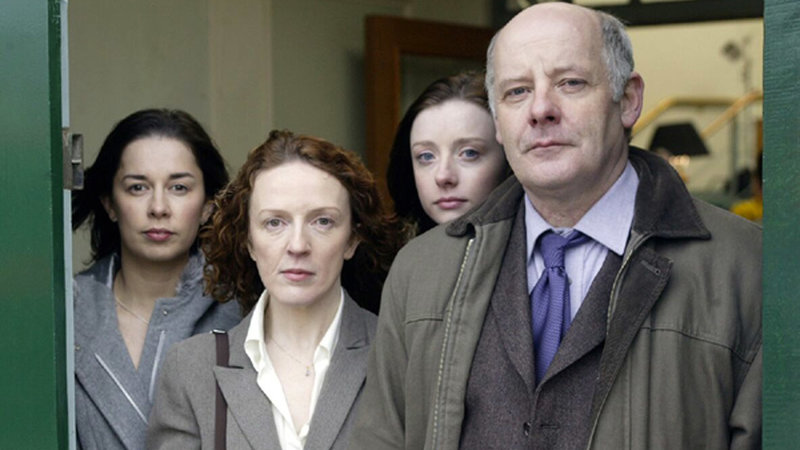This gripping docudrama about the aftermath of a 1998 car bombing in Northern Ireland derives its dramatic power from the determination of a diverse bunch of survivors to identify the perpetrators and bring them to justice.

Eye-opening and cathartic… its resonance with more recent events that have nothing to do with Northern Ireland is startling.
Screened as part of NZIFF 2005
Omagh 2004
Adhering closely to fact, this gripping film about the aftermath of a 1998 car bombing in the Northern Ireland town of Omagh derives its dramatic power from the common determination of a diverse bunch of survivors, Catholic and Protestant, to identify the perpetrators and bring them to justice. Actor Gerard McSorley, an Omagh native, disappears into his role as Michael Gallagher, the bereaved father who battles point-scoring politicians and face-saving police to find an explanation for what exactly happened – and what should be done about it. The film is superbly directed by first-timer Pete Travis, and achieves some of its most potent effects through restraint. (In the immediate aftermath of the bomb it is the living he shows us, not the dead.) The impact of terrorism on ordinary citizens in the democratic West, and the political impediments to healing, have not been more credibly or movingly explored in a film since 9/11, if ever. Nor has the sense that governments will only pay lip service to the healing process. The pertinence of this inspiring film to the political exploitation of 9/11 victims and survivors is never stated, but impossible to ignore. — BG
There are two events that frame the Troubles; one was Bloody Sunday – the moment at which the progress towards conflict became unstoppable and Omagh, which marked the moment at which everyone knew the conflict had to end. The Omagh bomb remains the single greatest atrocity of the Troubles and was all the more tragic in that it happened at a time when the people of these islands were beginning to believe that the bloody conflict they had lived with all their lives might be coming to an end. Out of tragedy the families of the Omagh Support and Self Help Group have pursued a campaign for justice that symbolises hope for us all. And it was important for me, having made the first film, to bookend the conflict with this one. It’s terribly difficult to make a judgement about the right time to make a film like this and obviously some families wish to grieve privately, but families of the Omagh Support and Self Help Group have been in the public eye throughout the last five years, pursuing a legal campaign, shortly to come before the courts, with far reaching implications for all of us and it feels the right moment for them to be heard, to bring their story to a wider audience so we can all understand the courageous journey they have made. — Paul Greengrass